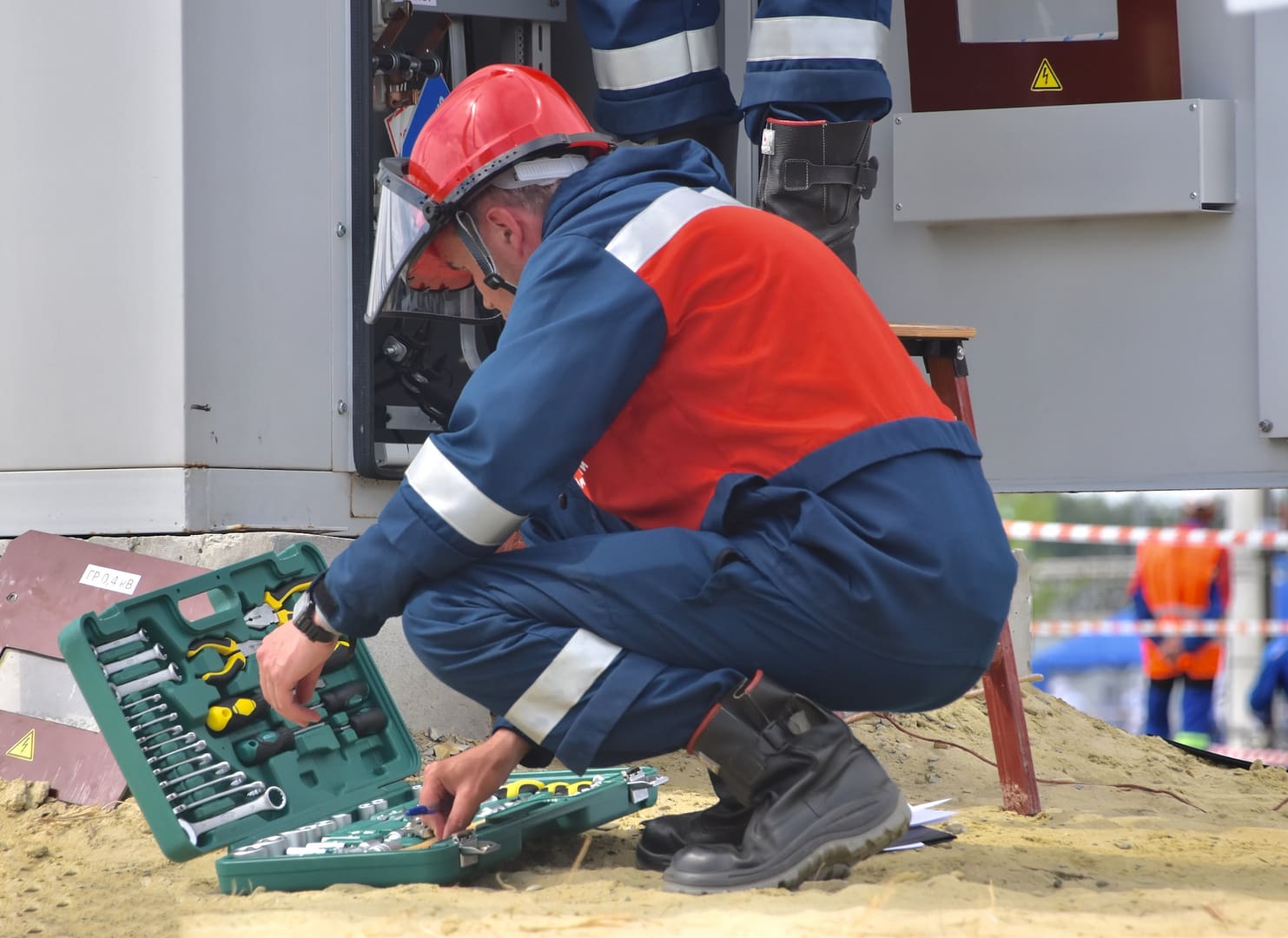In the realm of social housing, the need for prompt and efficient maintenance cannot be overstated. However, residents often find themselves wondering why these essential repairs take an eternity to be completed. In this article, we delve into the intricate web of challenges that contribute to the extended timelines for maintenance in social housing. We’ll also explore the concept of planned maintenance in social housing, the time limits associated with repairs, and the process of making a housing disrepair claim with National Claims.
The Intricacies of Social Housing Maintenance
Social housing plays a vital role in providing affordable and secure accommodation to countless individuals and families across the UK. It’s a lifeline for many, offering homes to those who may not have the means to enter the private rental market. But while the intent behind social housing is commendable, the execution of its maintenance often leaves much to be desired.
One of the primary reasons why maintenance can take so long in social housing is the overwhelming demand. The number of residents seeking assistance for repairs and the extensive backlog of pending requests can be staggering. It’s a challenge that housing authorities and management teams face daily.
The keyword “Why does maintenance take so long in Social Housing” can be dissected into several components to better understand the intricacies of the issue:
High Demand and Limited Resources
The demand for maintenance in social housing far outweighs the available resources. Residents often face issues like leaky roofs, faulty electrical systems, plumbing problems, and heating breakdowns. These issues are not only inconvenient but can also pose health and safety risks. As a result, a substantial number of residents reach out to housing authorities for assistance.
The limited availability of skilled labour, funding, and materials poses a significant challenge. Housing associations and local authorities often struggle to keep up with the constant influx of maintenance requests. This imbalance between demand and resources creates delays in addressing critical repairs.
Prioritising Urgency
In the realm of social housing maintenance, prioritisation is key. Not all maintenance requests are equal in urgency, and some issues require immediate attention. For instance, a leaking roof may pose a more pressing threat than a minor cosmetic repair.
Housing management teams must carefully assess the urgency of each request and allocate resources accordingly. This process of triage ensures that the most critical issues are addressed first, but it also means that less urgent repairs may be put on the backburner, contributing to longer waiting times for residents.
Bureaucracy and Administrative Hurdles
The administrative aspect of social housing maintenance can be a complex web of bureaucracy and red tape. Multiple layers of approvals, paperwork, and coordination are often required before repairs can commence. This administrative burden can slow down the process significantly.
Moreover, housing authorities may need to secure funding for repairs, especially for larger projects. This further adds to the time it takes to initiate maintenance work. The often-lengthy approval processes can lead to frustration among residents, who just want their homes fixed promptly.
Skilled Labour Shortages
Skilled tradespeople, such as plumbers, electricians, and contractors, are crucial for carrying out maintenance work in social housing. However, there is an ongoing shortage of skilled labour in the UK, which affects not only the private sector but also the social housing domain.
Recruiting and retaining qualified tradespeople is a significant challenge. Housing associations and local authorities may struggle to find the right personnel for the job, resulting in delays in maintenance projects. This issue is exacerbated by the fact that many skilled workers prefer the private sector, where they may receive higher wages and more job security.
Planned Maintenance vs. Reactive Repairs
In the world of social housing, maintenance can be broadly categorised into two main types: planned maintenance and reactive repairs. Understanding the distinction between these two approaches is crucial for comprehending the time limits for repairs in social housing.
What is Planned Maintenance in Social Housing?
Planned maintenance, as the name suggests, involves the scheduled upkeep of properties. It includes activities like routine inspections, repairs, and upgrades that are planned in advance. This proactive approach to maintenance aims to prevent issues before they become major problems. For instance, replacing a roof before it starts leaking is a part of planned maintenance.
Planned maintenance offers several advantages, including cost savings and better living conditions for residents. By addressing issues before they escalate, it helps prolong the lifespan of the property and reduces the overall maintenance workload. However, the challenge lies in securing the resources and funding required for such planned maintenance projects.
Reactive Repairs: The Need for Immediate Solutions
Reactive repairs, on the other hand, are the response to urgent maintenance requests. These are the immediate fixes needed to address issues that have already arisen. While planned maintenance is proactive, reactive repairs are reactive.
Reactive repairs are often where the keyword “Why does maintenance take so long in Social Housing” comes into play. When residents report problems like burst pipes or heating system failures, they expect a swift response. However, as previously mentioned, the overwhelming demand and limited resources can cause delays in addressing these urgent concerns.
The Time Limit for Repairs in Social Housing
The time limit for repairs in social housing is a contentious issue. While there is no one-size-fits-all answer, housing authorities and local authorities are legally obligated to ensure that repairs are carried out within a reasonable timeframe. This timeframe can vary depending on the nature and urgency of the repair.
For emergency repairs, such as gas leaks or major structural issues, housing authorities are expected to respond within 24 hours. Urgent repairs, like heating or plumbing problems, should ideally be addressed within seven days. Non-urgent repairs, including cosmetic or minor issues, should be completed within 28 days.
However, meeting these time limits is often a challenging task, given the constraints of resources and the sheer volume of maintenance requests. Residents may sometimes find themselves waiting longer than the stipulated time, which can be frustrating.
Making a Housing Disrepair Claim with National Claims
At National Claims, we understand the frustration that residents in social housing may experience when it comes to prolonged maintenance issues. We are here to assist you in making a housing disrepair claim, ensuring that your concerns are addressed and resolved efficiently.
Note: You can only make a claim if you are currently living in social housing.
Initial Consultation: To get started with a housing disrepair claim, you can contact National Claims for an initial consultation. Our dedicated team will listen to your concerns and assess the nature and urgency of your maintenance issues and will also walk you through the claims process.
Gathering Evidence: We will work with you to gather the necessary evidence, including photographs, documentation, and any communication with the housing authority or landlord regarding the maintenance problems.
Claim Submission: Once we have all the required information, we will help you submit your housing disrepair claim to the relevant authorities or organisations responsible for your social housing.
By partnering with National Claims, you can navigate the complexities of making a housing disrepair claim and work towards a timely resolution for your maintenance issues in social housing.

Conclusion
In the world of social housing, the challenge of timely maintenance is an ongoing battle. Balancing limited resources with the high demand for repairs is no easy feat. Moreover, the administrative hurdles and skilled labour shortages further compound the issue.
Understanding the distinction between planned maintenance and reactive repairs sheds light on the complexities of addressing maintenance requests promptly. Housing authorities are legally obligated to meet specific time limits for repairs, but they often face obstacles in doing so.
Efforts are continuously being made to streamline the maintenance process, improve resource allocation, and recruit and retain skilled tradespeople. Nevertheless, the keyword “Why does maintenance take so long in Social Housing” reflects a significant concern that resonates with both residents and housing authorities. National Claims stands ready to assist in addressing these concerns efficiently and ensuring that residents in social housing can live in safe and well-maintained homes.
Start your claim with us today by contacting us and speak to one of our claims specialists.
Click below to see why we are one of the most trusted claims management companies in the UK.

We’re proud of our excellent customer reviews
We thrive on delivering exceptional service and ensuring our clients’ satisfaction. Don’t just take our word for it. Check out some of our independent reviews to see what our clients have to say.
Excellent

This firm is excellent, they sorted out my car pay out and injury claim very fast, they always communicate with you all the time.

My accident case was dealt with confidence and with great result of the outcome, especially James kept me informed all the time.

I was very impressed at the way my inquiry was treated. I was listened to attentively and everything I needed to know was explained to me.






